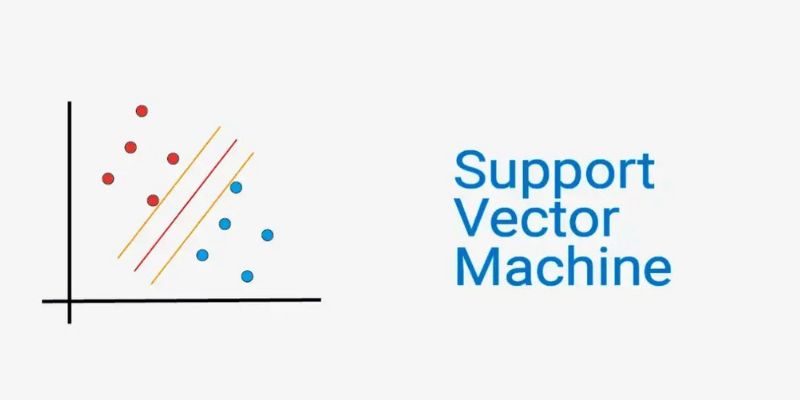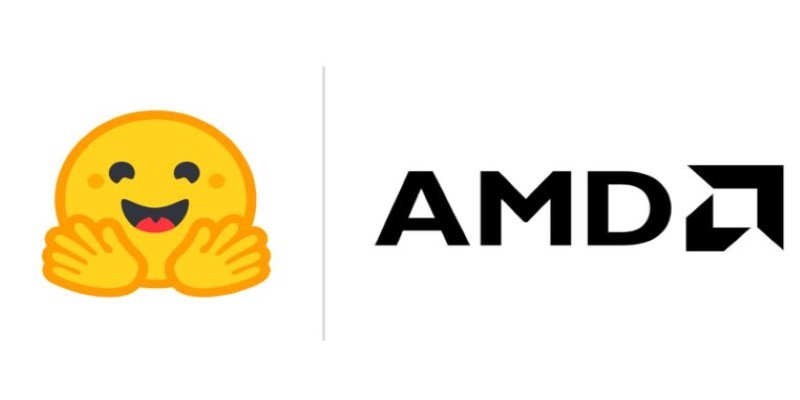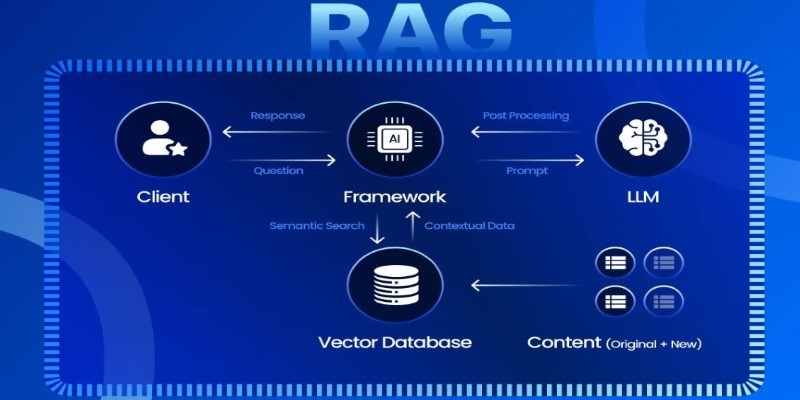The world of open-source AI just got a little more interesting. Hugging Face has officially welcomed two new additions to its ecosystem—Llama 4 Maverick and Llama 4 Scout. These models are not just incremental upgrades; they shift how accessible and adaptable language models can be.
Instead of flashy marketing, we're seeing quiet but meaningful progress. This isn't about showing off—it's about building tools that actually work, where developers and researchers can shape them to fit real needs. And yes, both models are now freely available on Hugging Face.
What Sets Maverick and Scout Apart?
Maverick and Scout are both variants of Meta's Llama 4 family, which is a refined successor to the well-established Llama 2 models. What makes these two stand out isn't just better performance—it’s their purpose.
Llama 4 Maverick is tuned with a special focus on instruction-following tasks. Think of it as a responsive, general-purpose assistant that doesn't get lost in vague commands or stumble when context gets tricky. It's been optimized to follow instructions with greater accuracy and nuance, making it highly practical for tasks like chatbots, personal assistants, code helpers, and technical Q&A systems.
Llama 4 Scout, in contrast, leans into research and experimentation. It’s lighter, faster, and easier to probe. Researchers who want to test hypotheses or develop new fine-tuning approaches now have a more nimble base from which to work. Scout keeps things simple and efficient without sacrificing too much performance, especially for those without full-scale deployment models.
Both are open-weight models. That means you can download, tweak, train, and integrate them into your projects without license walls or vendor lock-in. This freedom makes the Hugging Face platform central to the open AI community.
Performance and Use Cases
Meta hasn't just pushed out these models and called it a day. Benchmarks show that Maverick performs better than many popular instruction-tuned models in its class. It understands longer prompts more effectively, provides more context-aware responses, and adapts better to tone or user intent changes. Whether you're building a tool to assist with academic writing, software documentation, or multilingual communication, Maverick holds its ground.

Scout isn’t far behind, though its strengths are in its flexibility rather than its raw muscle. It’s smaller, easier to run on local hardware, and faster at inference. This opens up use cases for edge computing, early-stage development, and hobbyist experimentation. It doesn't require the same computational resources that larger models demand, making it suitable for more people to experiment with without needing cloud access or high-end GPUs.
Both models have been fine-tuned using diverse data sources, including public domain and licensed content. That contributes to their fluency across different topics without the baggage of sensitive or proprietary datasets. Transparency in training data isn't just an academic concern—it directly affects how these models perform in real-world settings.
Hugging Face Integration and Community Support
Hugging Face continues to be a central platform for hosting and exploring large language models, and the addition of Llama 4 Maverick and Scout deepens that role. Both models are now available through the Hugging Face Model Hub, supporting inference endpoints, integrations with Transformers and PEFT (Parameter-Efficient Fine-Tuning), and downloadable model weights.
What's particularly helpful is the way Hugging Face wraps these models in useful tooling. Using their transformers library, you can run Maverick and Scout with just a few lines of code. This lowers the entry barrier significantly for developers working in tight iterations.
The community around Hugging Face also plays a big part. Developers and researchers regularly share fine-tuned versions, custom tokenizers, benchmarking scripts, and user feedback on specific edge cases. That collective input helps evolve these models faster than closed systems ever could.
Collaborative training efforts—such as fine-tuning regional languages, domain-specific corpora, or underrepresented knowledge areas—are already cropping up. It's not just about pushing the frontier of what language models can do but about making sure they're useful for more people in more places. Maverick and Scout are well-positioned to support this.
The Bigger Impact of These Releases
The release of Maverick and Scout isn't a standalone event. It fits into a broader movement toward open, adaptable AI systems not dictated by a handful of major players. This direction matters because it redistributes some of the control—over what's built, how it's used, and who gets to experiment.

By releasing not just models but well-documented, accessible, and supported versions, Meta and Hugging Face are sending a clear signal. They're encouraging developers to build their paths forward, not wait for another round of prepackaged APIs. It’s a step toward a more democratized model landscape where tuning and customizing are no longer reserved for big-budget labs.
Another key point is that these models lower the cost of participation. With Scout, even individual developers or small teams can work on real-language model applications without breaking the bank. With Maverick, companies or institutions can build more intuitive interfaces and assistants that don't need months of post-processing to understand basic instructions.
This isn’t about reaching AGI or solving philosophy. It’s about practical tools that do what they’re supposed to. The fact that Maverick and Scout are open-source means the community—not just Meta—gets to shape their evolution. And with Hugging Face providing the infrastructure, that evolution will likely be fast, community-driven, and surprisingly creative.
Conclusion
Llama 4 Maverick and Scout are the newest signs that open-source AI is growing. Instead of chasing hype, these models deliver focused, usable improvements. Maverick follows instructions better. Scout gives more people access to lightweight language modeling. Both are easy to run, free to use, and built for collaboration. Hugging Face’s role as host and hub only strengthens their potential. In a space often cluttered with jargon and gatekeeping, these releases offer something far more grounded—tools made to be used, shared, and improved by anyone who wants to put in the work.











